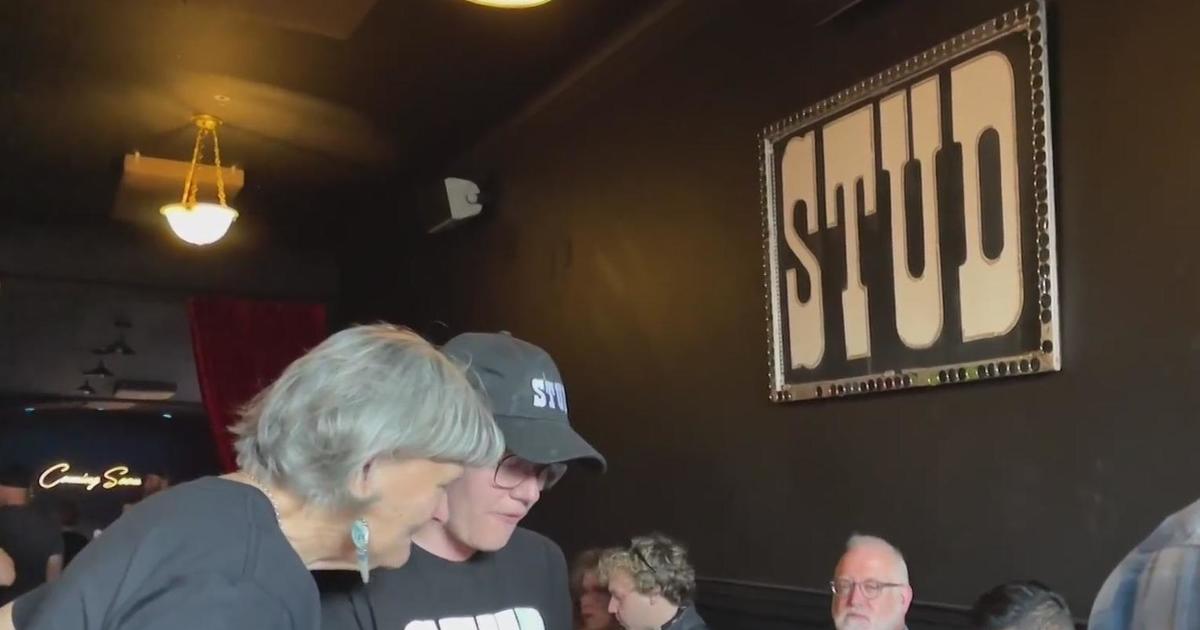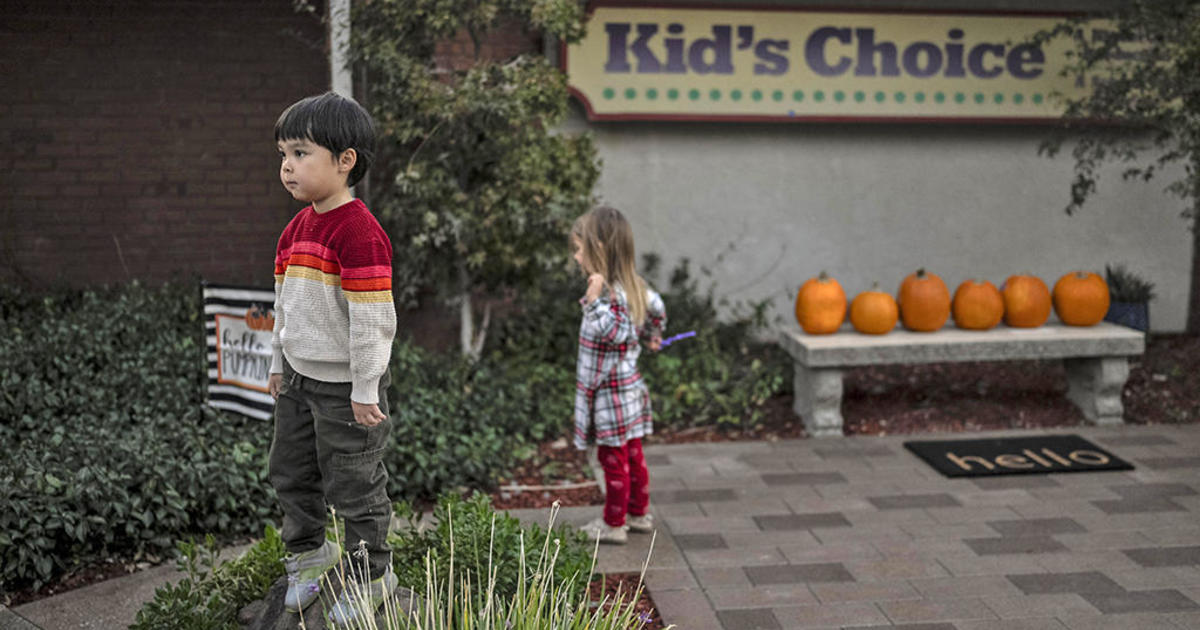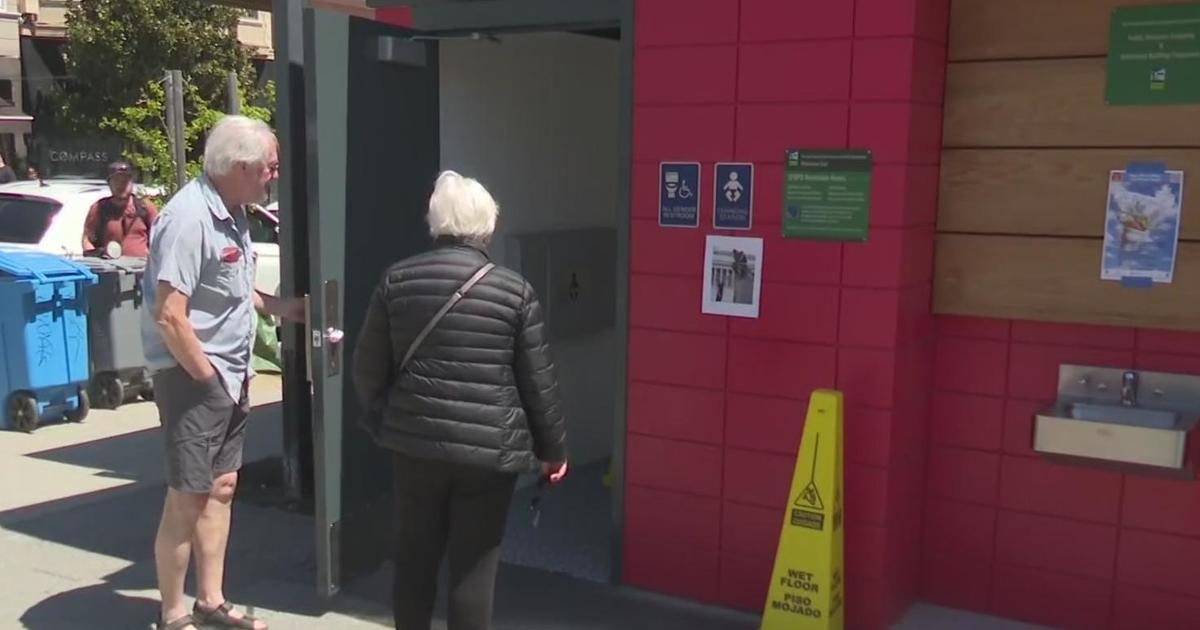Brown's TV Ads For California Tax Initiative Mislead Voters
SACRAMENTO (CBS/AP) - Gov. Jerry Brown began airing five new television commercials for his November tax proposal Wednesday, some of which misstate how the billions of dollars Proposition 30 would raise through higher sales and income taxes could be spent.
Typical of the commercials is this statement from one of them: "Money must go to the classroom and can't be touched by Sacramento politicians." While some of the money raised by Brown's Proposition 30 would go to public schools, which account for more than half the state's general fund, the statement is misleading and contradicts comments the governor himself has made.
In its review of the ballot initiative, the nonpartisan legislative analyst's office said the money would help balance the state budget and "future actions of the Legislature and the governor would determine the use of these funds."
Proposition 30 would raise billions of dollars a year for state programs and prevent nearly $6 billion in cuts to public schools and colleges in the current budget year if voters approve it. While much of the new revenue falls under California's minimum school-funding guarantee, which it set by law, the initiative also would free up billions of dollars for the state's general fund budget, where politicians in the Legislature could spend it on public safety, health care and a variety of other programs.
Supporters said the constitutional guarantee in Proposition 30 ensures that schools will get the funds they are supposed to after billions of dollars were diverted or postponed in recent years because of budget deficits.
The claim in the TV commercials mirrors the claim made for months by a rival tax proposal on the November ballot, Proposition 38, which would raise income taxes on a sliding scale on nearly all Californians. Proposition 38 would send money directly to school districts on a per-student basis, bypassing the Legislature.
That idea has proved popular with voters. Brown adopts the same message in his new TV ads for his own initiative.
"All of the information in the ad is correct except for the proposition number, which should be 38, not 30," said Nathan Ballard, a spokesman for the Proposition 38 campaign. "It boggles the mind that they would try to make this claim. Their tax revenue does what it does, which is go into the general fund."
Three of the five ads Brown's campaign began airing Wednesday make the claim that politicians can't touch the money. None of the ads fully explain how the money would be raised through Brown's initiative.
In the two commercials in which the Democratic governor is seen pitching the proposal, Brown says Proposition 30 "asks the highest income earners to pay a little bit more to keep our economy strong."
None of the ads mentions that the statewide sales tax would be raised by a quarter cent for four years and specifically says that income taxes for people who make more than $250,000 a year would be raised for seven years. The two television ads running on behalf of Proposition 38 also do not mention that it would increase income taxes across the board for 14 years to send more money to schools.
Jon Coupal, president of the Howard Jarvis Taxpayers Association, which is opposing Proposition 30, called Brown's campaign ads a sign of desperation by the governor. Recent public opinion surveys show his initiative with support of just half of California's likely voters.
"It's absolutely false. It's the Sacramento politicians who establish the budget. They put in these trigger cuts and they could take them out tomorrow," Coupal said, referring to the $6 billion in cuts to public schools and colleges approved by the state Legislature if Brown's tax initiative fails in November.
State Controller John Chiang, who appears in one of the ads, said that Proposition 30 does guarantee schools get the money they are due in California's state budget, although he conceded that it frees up billions of dollars that could be spent at politicians' discretion. The money would go into a special account, with 11 percent for colleges and 89 percent for kindergarten-12th grade schools.
"Those revenues go into a protected account, and it's protected, it has to go to education. That has not happened in the past," Chiang said. "Sacramento politicians have touched the money that was supposed to be directed to education."
When Brown and the Democratic legislative leaders jointly announced the tax initiative in March, they described a wide array of benefits if voters approved it. Their news release at the time said the "initiative is designed to balance the state budget, prevent further cuts to education, provide a progressive tax structure and provide constitutional protections of public safety realignment funding."
During a campaign event in Sacramento in August, Brown made comments that contradict the idea in the ads released Wednesday.
In addressing criticism by supporters of Proposition 38 that theirs is the only initiative in which the money raised bypasses Sacramento, Brown said politicians have a vital role in deciding how to spend the public's money.
"It doesn't matter how much money you want to throw at the schools. The vast majority comes through the state, and if you say the state shouldn't have their hands on it, then you need a new initiative that would say all the money goes into some fund operated by angels and they would distribute it somehow," Brown told reporters outside New Tech High School.
The governor has also noted that a crucial feature of his proposal is that it provides a constitutional funding guarantee for public safety, after his administration shifted responsibility for a variety of law enforcement functions from the state to local governments.
(Copyright 2012 by CBS San Francisco. All Rights Reserved. This material may not be published, broadcast, rewritten, or redistributed.)



